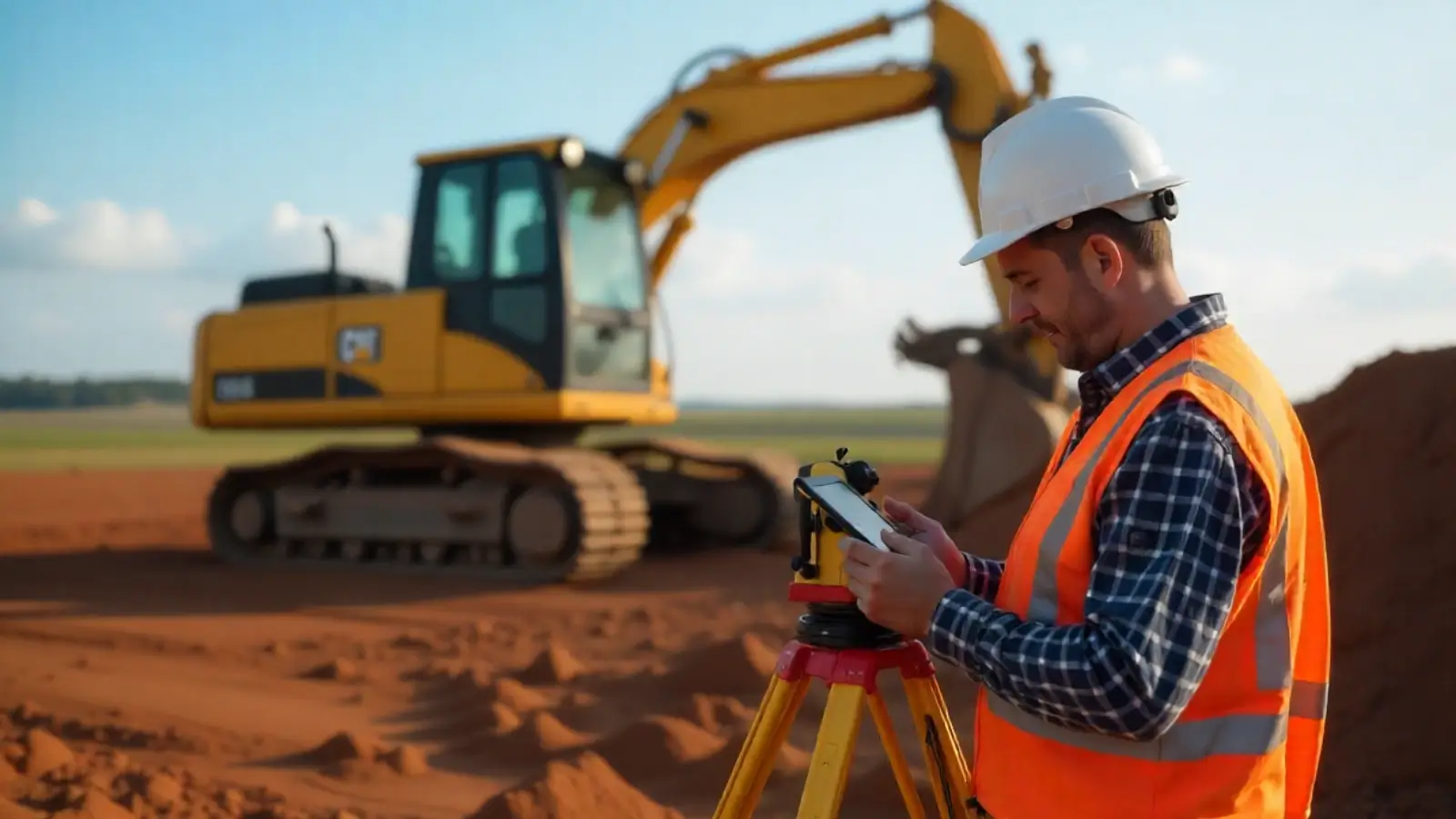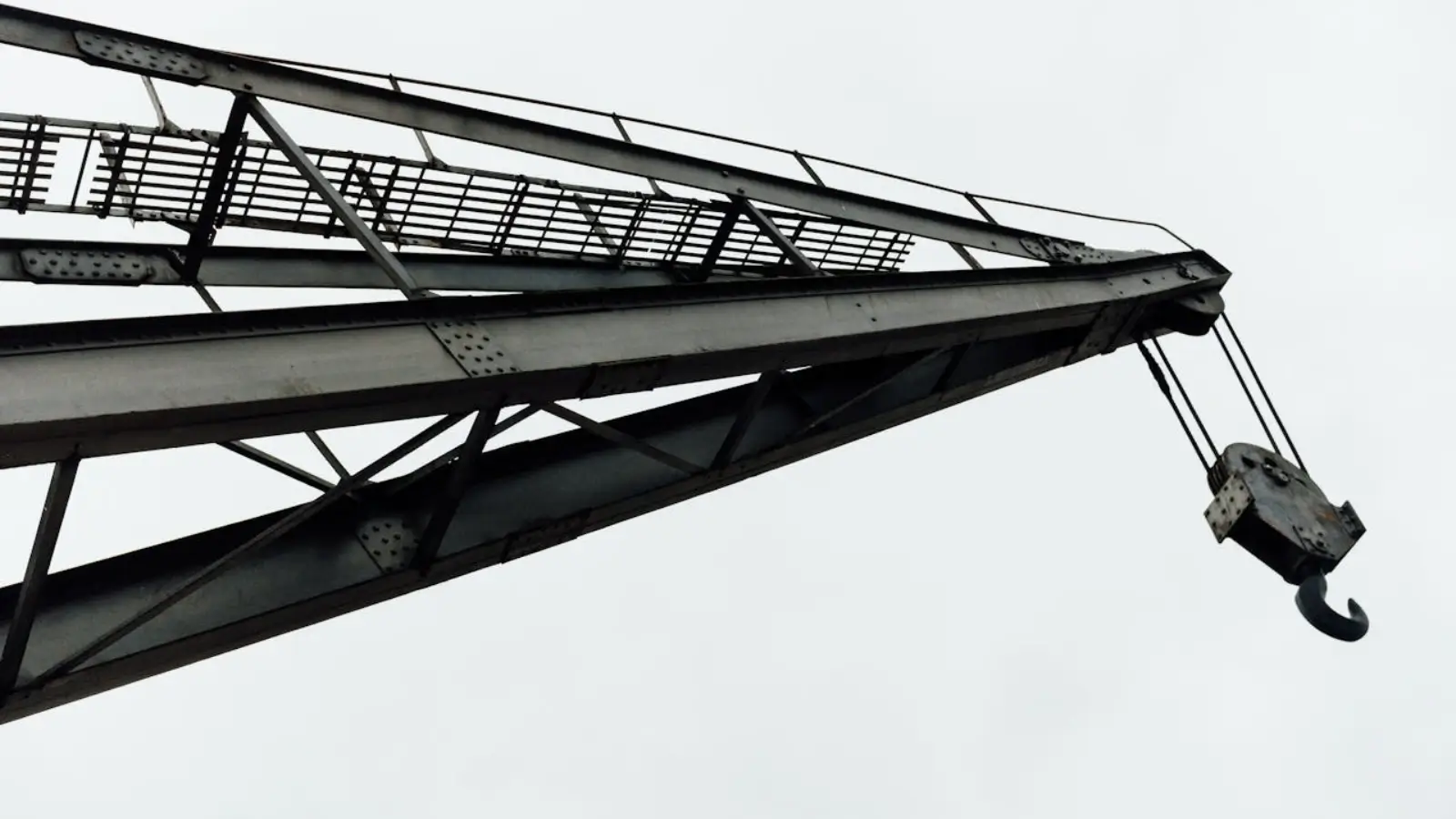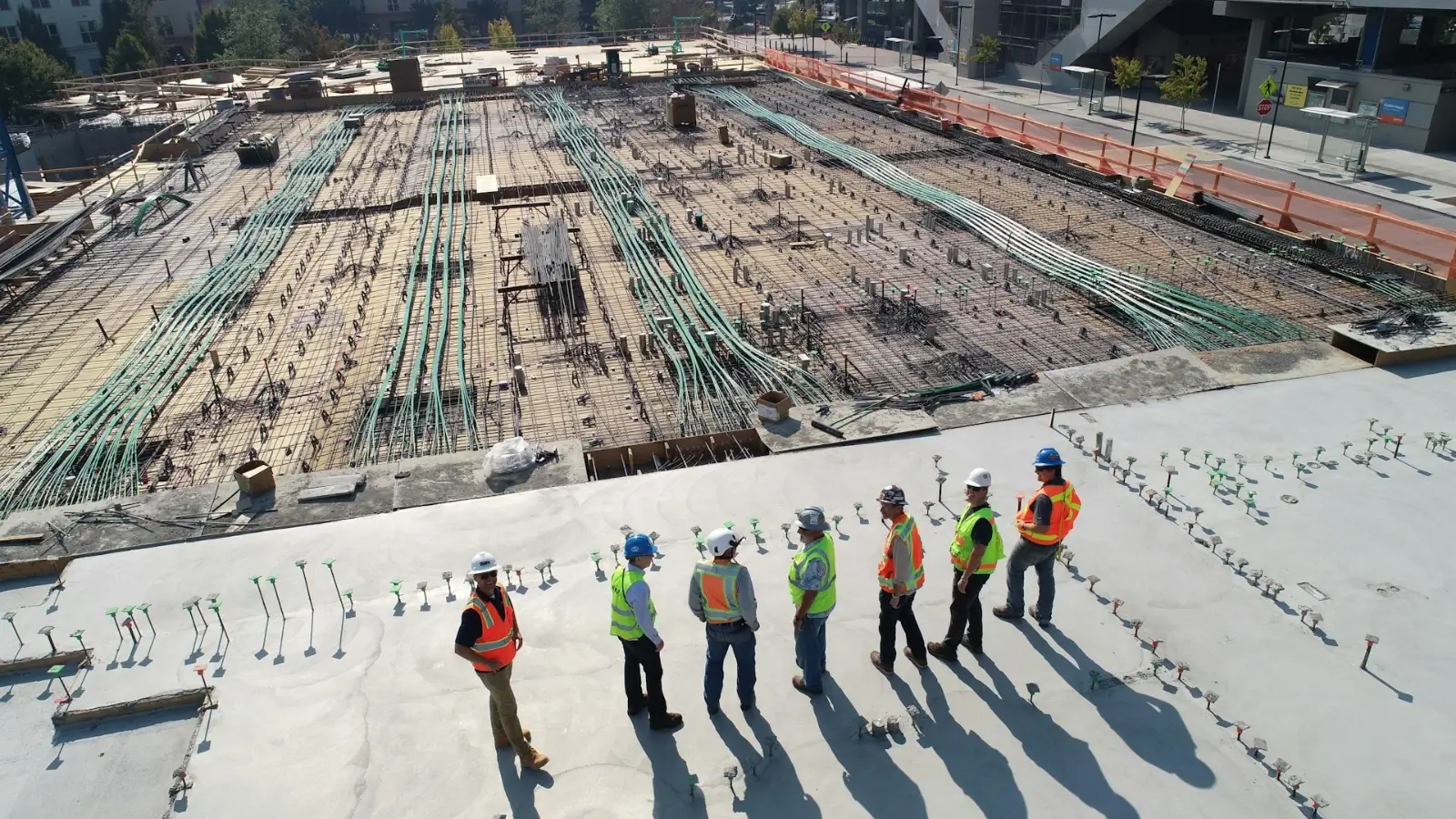Beneath our roads, fields, and cities lies an often-overlooked infrastructure hero called concrete pipes. These unassuming yet essential structures are crucial to modern civilization, enabling wastewater management, stormwater control, and agricultural irrigation. Although they remain hidden, their impact is significant, allowing for the safe and efficient transport of water, waste, and utilities.
Concrete pipes are known for their exceptional durability, cost-effectiveness, and sustainability, quietly supporting the growth of both urban and rural communities. As the demand for resilient and eco-friendly infrastructure continues to grow, the relevance of concrete pipes in meeting these challenges becomes increasingly evident. Despite their critical role, they rarely receive the recognition they deserve, highlighting the need to emphasize their importance.
In this blog, we will explore the role of concrete pipes in transforming infrastructure and discuss why they remain an unsung hero in developing sustainable systems.
What are Concrete Pipes?
Concrete pipes are sturdy, cylindrical constructions made from cement, water, aggregates, and sometimes steel reinforcement. They are mainly used in infrastructure projects to convey water, sewage, stormwater, and other fluids.
Concrete pipe are commonly used in sewer systems, stormwater drainage, irrigation, and utility protection. They are renowned for their longevity, strength, and resistance to environmental elements. Their extended lifespan, cost-efficiency, and capacity to endure high pressure and heavy loads render them a dependable option for infrastructure in both urban and rural settings.
The Essential Role of Concrete Pipes in Modern Infrastructure
-
Transporting Wastewater
Concrete pipes play an essential role in modern infrastructure, particularly wastewater transportation. These durable pipes are designed to carry sewage and stormwater to treatment facilities efficiently, ensuring proper sanitation and environmental protection. With their strength and longevity, concrete pipes provide a reliable solution for managing wastewater systems in various urban and industrial settings.
Concrete pipes' ability to withstand heavy loads and harsh underground conditions makes them a preferred choice for long-term infrastructure projects that maintain public health and safety standards. Elliptical Concrete Pipe designs offer additional benefits in specific applications. In modern infrastructure, concrete pipes serve as crucial components in the intricate network that facilitates the safe disposal and treatment of wastewater.
-
Supporting Agricultural Irrigation
One key role of concrete pipes in modern infrastructure is supporting irrigation systems, ensuring water is efficiently transported to fields for crop watering. These durable pipes provide a reliable water flow conduit, helping optimize irrigation processes and promote agricultural productivity.
Their strength and longevity make them a preferred choice for sustaining the demands of irrigation systems, contributing to the efficiency and effectiveness of modern agricultural infrastructure. Concrete pipes play a crucial role in enhancing agricultural yields and sustaining food production by supporting the vital function of delivering water to crops.
-
Facilitating Culverts and Water Crossings
Concrete pipes facilitate culverts and water crossings within modern infrastructure projects. These durable and reliable pipes provide the necessary structural support for efficient water management systems, allowing for the safe passage of water under roads, railways, and other structures.
By utilizing concrete pipes in culverts and water crossings, engineers can ensure the longevity and stability of these vital infrastructure elements, contributing to the overall resilience and functionality of modern urban environments. The precise design and installation of concrete pipes are crucial in maintaining the integrity of culverts and water crossings, making them a cornerstone in sustainable infrastructure development.
-
Housing Utility Systems
One critical role of concrete pipes in supporting modern infrastructure is particularly in housing utility systems. These durable pipes are commonly used to transport water, sewage, and other fluids essential for residential areas.
Concrete pipes offer high strength and durability, making them ideal for underground installations where they can withstand heavy loads and harsh environmental conditions. Their smooth interior surface also allows for the efficient flow of fluids, contributing to the effective operation of utility systems within housing developments.
-
Mitigating Flood Risks
Concrete pipes play an essential role in modern infrastructure by mitigating flood risks. With climate change leading to more frequent and severe rainfall events, the demand for effective drainage systems has never been greater. Concrete pipes are a reliable solution for managing stormwater runoff and reducing the risk of flooding in urban areas.
Their durability and strength make them ideal for withstanding the pressures of heavy rainfall and ensuring the efficient conveyance of water away from vulnerable regions. By incorporating concrete pipes into infrastructure projects, cities can better protect their communities from the devastating impacts of flooding, safeguarding lives and property in the face of changing weather patterns.
-
Enabling Industrial Processes
One vital role of concrete is supporting modern infrastructure by enabling various industrial processes. These durable and reliable pipes are widely used in industries such as wastewater management, construction, and agriculture to convey liquids, slurries, and gases. Their robust nature allows them to withstand high pressure and heavy loads, making them ideal for demanding industrial applications. Regular american piping inspection ensures that these concrete pipes meet industry standards, maintaining their integrity and performance in critical industrial applications.
Concrete pipes provide a sturdy and long-lasting infrastructure solution that contributes significantly to the efficiency and safety of industrial operations. Their ability to facilitate the smooth flow of materials is crucial for maintaining the functionality and productivity of industrial processes, highlighting their indispensable role in modern infrastructure development.
-
Driving Urban Expansion
Concrete pipes are essential in supporting modern infrastructure, particularly in driving urban expansion. As cities grow, the demand for durable and reliable piping systems increases. Concrete pipes are known for their strength and longevity, making them a preferred choice for underground applications such as stormwater management, sewage disposal, and water distribution.
Their ability to withstand heavy loads and harsh environmental conditions makes them vital components in ensuring the efficiency and sustainability of urban infrastructure projects. Consequently, concrete pipes contribute significantly to accommodating the needs of expanding urban populations and supporting the development of robust city infrastructures.
-
Providing Sustainable Infrastructure Solutions
Concrete pipes play an essential role in modern infrastructure by providing sustainable solutions for various construction projects. These pipes are known for their durability, strength, and long lifespan, making them reliable for drainage systems, sewer lines, and water management.
In addition to their resilience, concrete pipes are also environmentally friendly. They can be recycled and reused, reducing the overall carbon footprint of infrastructure projects. By using concrete pipes in construction, engineers and developers can create a sustainable infrastructure that meets today's needs while preserving resources for the future.
Conclusion
Concrete pipes are the backbone of modern infrastructure, offering unparalleled durability, efficiency, and versatility in applications ranging from wastewater management to stormwater control and utility protection. Despite their often-hidden role, their impact on urban and rural development is immense, ensuring the smooth functioning of essential systems while promoting sustainability and long-term cost savings. By unlocking the full potential of concrete pipes, we can continue to build resilient, efficient, and environmentally friendly infrastructure that supports the needs of growing communities.
















